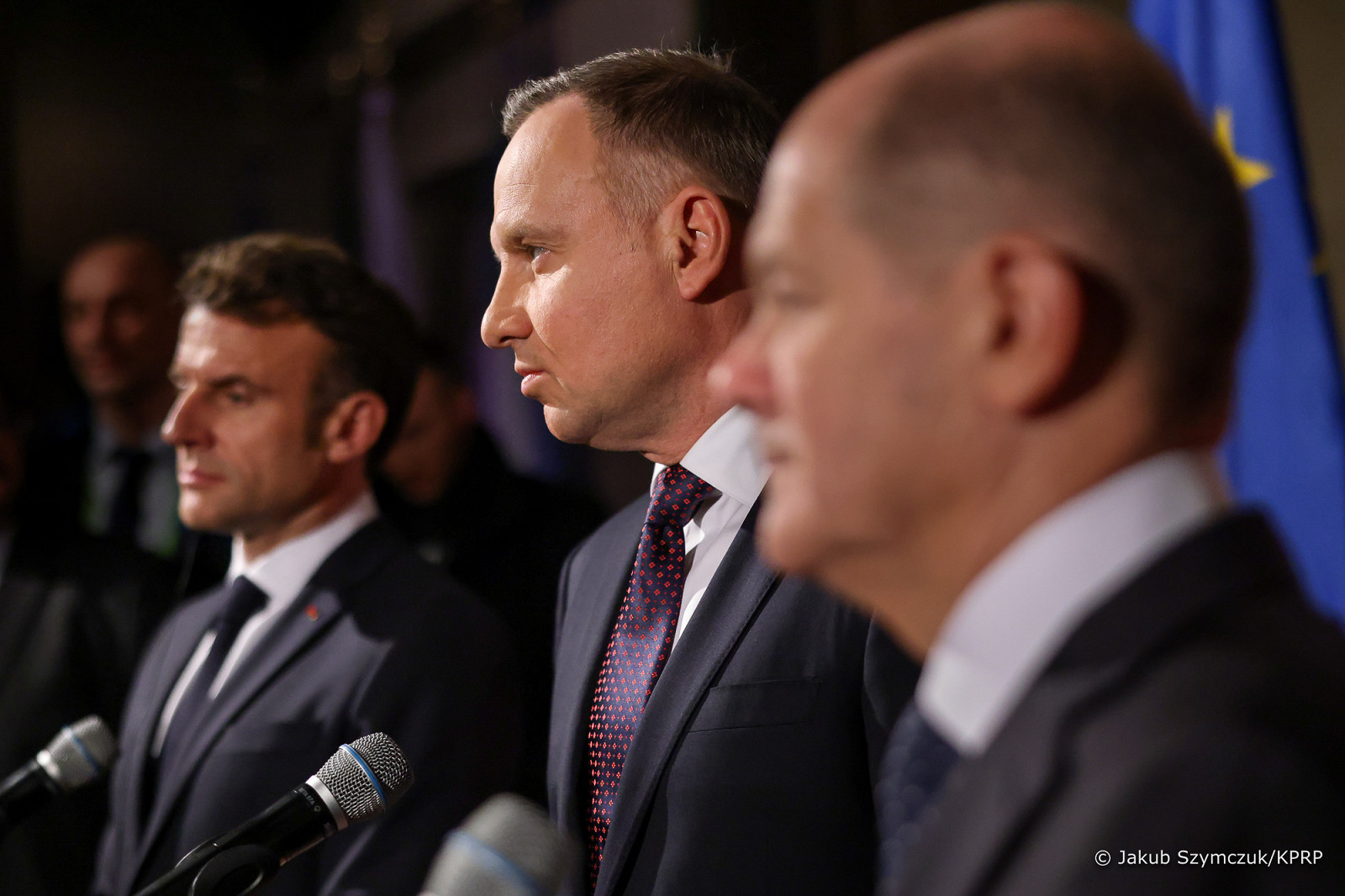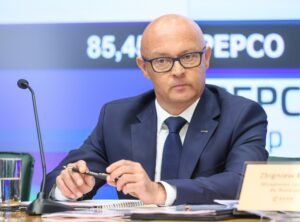Poland may be forced to introduce a contract for difference as a financing mechanism for nuclear power plants, which it did not want to use. This could entail a nuclear fee on the energy bill once the first reactor goes into operation. Alternatively, Warsaw could try to tip the scales as part of the Weimar Triangle – writes Wojciech Jakóbik, editor in chief at BiznesAlert.pl.
Changes in Europe may determine the form of support for the Polish atom
The reform of the energy market in the European Union as a result of the compromise between France and Germany may involve the introduction of contracts for difference as a basic tool for financing investments in the energy sector. If the market price is below the guaranteed price, the state pays the investor the difference. If it exceeds the guaranteed price, then the investor pays for the difference. This scheme has been used to finance offshore wind farm investments in Poland, with a price that guaranteed the return on investment. Interestingly, it was considered before 2015 as a way of financing a nuclear power plant in Poland. However, after the government changed, this idea was rejected as the price for energy was believed to be too big of a burden on the citizens, and cheap power from reactors was one of the many economic arguments for this source. Electricity Market Design, or the reform of the energy market in the European Union, according to a potential compromise of the two vertices of the Weimar Triangle, may force Poland to accept this solution when building its first NPP. Such a development would not invalidate the strategic arguments behind the atom, but would reduce its attractiveness from the point of view of individual electricity bills.
According to information obtained by BiznesAlert.pl, Poland’s consultations with the European Commission on the financing model for a nuclear power plant in Pomerania are influenced by discussions on the reform of the energy market in the European Union. Poles may agree to a differential contract to meet the Commission’s expectations and receive the green light for public aid. Such a solution would potentially entail a nuclear fee on energy bills from a nuclear power plant and a higher price than without it, but it would also open the way for approval of a financing model in which up to 70 percent of investment spending is financed by loans from the US through EXIMBANK. This, in turn, would be a success of the Polish project, because it could count on the financial involvement of Americans exceeding the current scale. Poland needs nuclear power plants to balance the growing number of RES, so that it does not have to use coal or gas, which is politically problematic for obvious reasons.
The proposal for a solution other than the contract for difference could mean a delay in negotiations with the European Commission, which could affect the schedule of the Polish Nuclear Energy Program, which, without updating, still assumes the first AP1000 reactor in 2033. From then on, a differential contract introducing a nuclear fee on the electricity bill would also begin to operate. The Poles were supposed to provide the European Commission with a business plan for the operation of the power plant, but they prefer to consult its assumptions before submitting a notification request, so as not to repeat the delay in talks known from the Czech CEZ project. Polish Nuclear Power Plants, Bechtel and Westinghouse from the United States signed a design agreement to prepare a power plant project in Pomerania, which is expected to be drafted within about 1.5 years from autumn 2023 so that construction can start as planned in 2026.
The Weimar Triangle – tipping the balance
The alternative is to continue the Weimar Triangle talks on the reform of the energy market in the European Union. Germany’s Handelsblatt argues that a compromise between France and Germany on financing the atom with a contract for difference is not yet certain, despite declarations on the matter made by Emmanuel Macron and Olaf Scholz. Poland could tip the balance. „Handelsblatt has learned from the negotiations that there has only been a recent change in positions. There is no consensus yet,” the newspaper said. The French hope that financing the new six EDF reactors with differential contracts will give economic benefits to their industry, but Germany, governed by the traffic lights coalition with the Greens on board, does not want to offer the atom the same advantages as renewable energy. Ministers responsible for energy in the European Union are due to meet on Tuesday, October 17. It may turn out that the search for a compromise will last until June 2024, when the elections to the European Parliament will be held. Then the Poles will have more room for maneuver, but on the other hand less space to decide on the next milestones of the nuclear project in Pomerania. Poles have once tipped the scales when it comes to the energy talks between France and Germany, when being in the pro-nuclear coalition they led to the inclusion of the atom in the taxonomy as a source conducive to the energy transition, which granted nuclear projects access to support. Paris and Warsaw were able to stop Berlin from undermining this idea. The battle over the nuclear financing model will be more difficult, because it concerns the reform of the entire energy market, in which France supports a contract for difference, which Poland originally did not want, while Germany does not want nuclear power at all.









